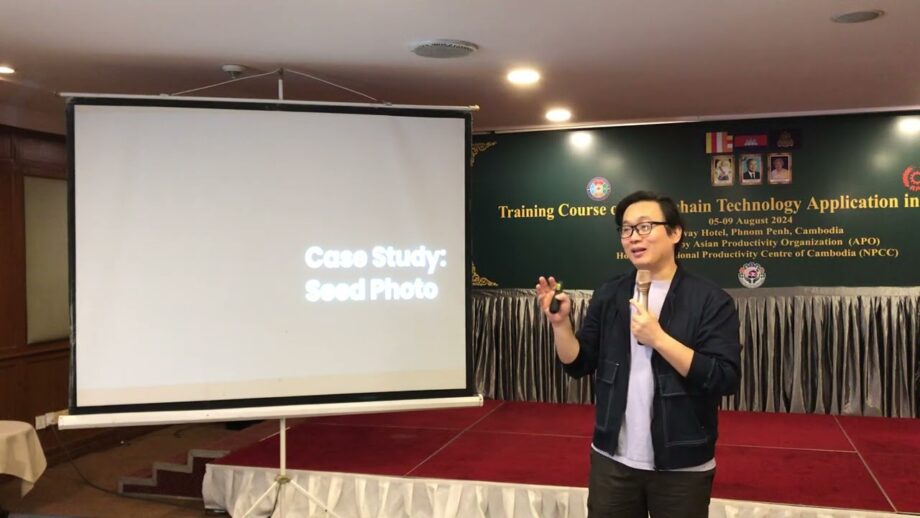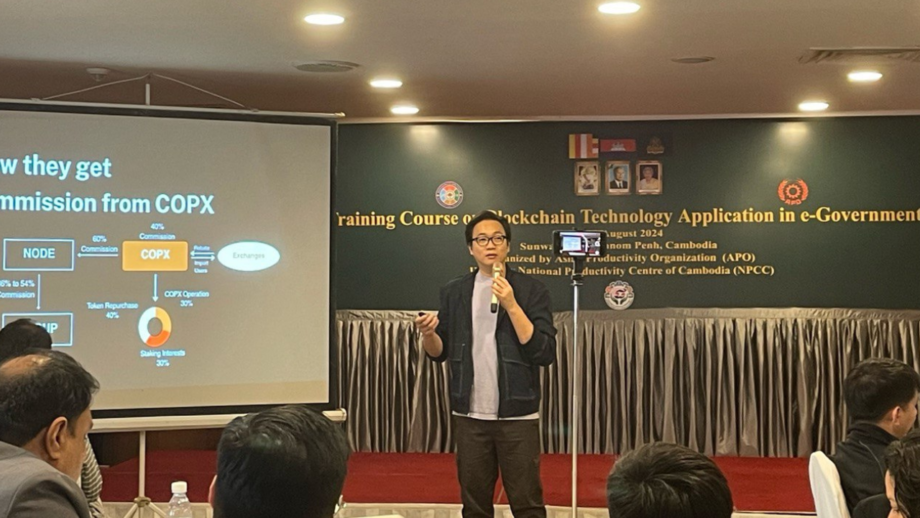Beyond Profile Pictures: Exploring the Expanding Utility of NFTs
While the initial wave of NFTs focused heavily on digital art and collectibles, the technology’s potential extends far beyond profile pictures and speculative trading. As the NFT space matures, we’re witnessing a surge in innovative applications across various sectors, from real estate and event ticketing to supply chain management and identity verification.
One of the key strengths of NFTs lies in their ability to represent unique, verifiable ownership of digital and physical assets. This has opened up exciting possibilities for industries like real estate, where NFTs can be used to tokenize property deeds, streamlining transactions and reducing the need for intermediaries. Imagine a future where real estate purchases are executed securely and transparently on a blockchain, with NFTs serving as digital representations of ownership.
The event ticketing industry is another sector ripe for disruption. NFTs can be used to create secure, tamper-proof tickets, combating counterfeiting and enabling new forms of fan engagement. Exclusive access to events, meet-and-greets with artists, and other unique experiences can be linked to NFTs, providing additional value to attendees.
Beyond these examples, NFTs are being explored for use cases such as:
– Supply Chain Management: Tracking the provenance and authenticity of products, from luxury goods to pharmaceuticals.
– Identity Verification: Providing secure and verifiable digital identities, potentially streamlining access to services and reducing fraud.
– Digital Rights Management: Protecting the intellectual property of creators by securely associating ownership and usage rights with digital content.
However, the widespread adoption of NFTs is not without its challenges. Concerns around security vulnerabilities, the environmental impact of certain blockchain networks, and the need for clear regulatory frameworks are actively being addressed by developers and policymakers.
One promising development is the emergence of encrypted NFTs, which add an extra layer of security and privacy to digital assets. By encrypting the underlying data, creators can better protect sensitive information and control access to their work. This is particularly relevant for applications involving personal data or high-value assets.
The rise of AI-generated art has also sparked debate within the NFT space. While some argue that AI-generated NFTs lack the artistic merit of human-created works, others see them as a natural evolution of creative expression. Platforms like OpenSea have opened their doors to AI artists, allowing them to showcase their work and connect with collectors.
Ultimately, the success of NFTs will depend on their ability to provide tangible value and solve real-world problems. As the technology continues to evolve and mature, we can expect to see even more innovative and impactful applications emerge, transforming industries and redefining our relationship with digital ownership.
The key takeaway is this: don’t dismiss NFTs as a passing fad or limit their potential to digital art. The true power of NFTs lies in their versatility and adaptability, offering a glimpse into a future where digital ownership is secure, transparent, and accessible to all.

Anndy Lian is an early blockchain adopter and experienced serial entrepreneur who is known for his work in the government sector. He is a best selling book author- “NFT: From Zero to Hero” and “Blockchain Revolution 2030”.
Currently, he is appointed as the Chief Digital Advisor at Mongolia Productivity Organization, championing national digitization. Prior to his current appointments, he was the Chairman of BigONE Exchange, a global top 30 ranked crypto spot exchange and was also the Advisory Board Member for Hyundai DAC, the blockchain arm of South Korea’s largest car manufacturer Hyundai Motor Group. Lian played a pivotal role as the Blockchain Advisor for Asian Productivity Organisation (APO), an intergovernmental organization committed to improving productivity in the Asia-Pacific region.
An avid supporter of incubating start-ups, Anndy has also been a private investor for the past eight years. With a growth investment mindset, Anndy strategically demonstrates this in the companies he chooses to be involved with. He believes that what he is doing through blockchain technology currently will revolutionise and redefine traditional businesses. He also believes that the blockchain industry has to be “redecentralised”.

